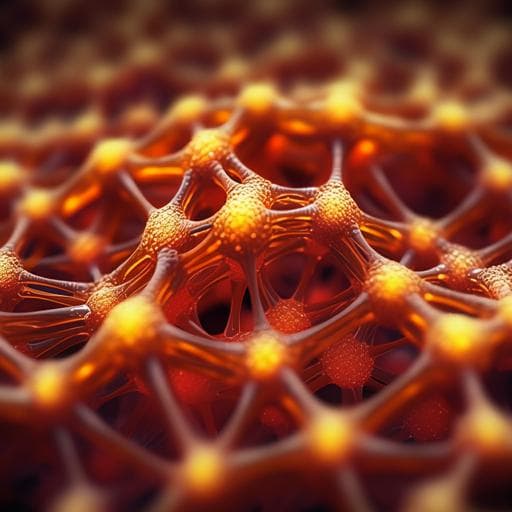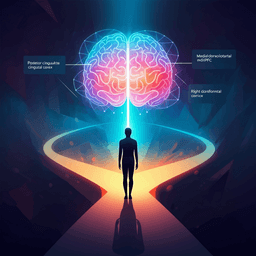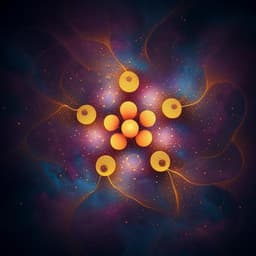
Medicine and Health
Accelerating the prediction and discovery of peptide hydrogels with human-in-the-loop
T. Xu, J. Wang, et al.
Unlock the secrets of peptide hydrogel formation with the groundbreaking research conducted by Tengyan Xu, Jiaqi Wang, Shuang Zhao, Dinghao Chen, Hongyue Zhang, Yu Fang, Nan Kong, Ziao Zhou, Wenbin Li, and Huaimin Wang. This study reveals an innovative machine learning-experiment hybrid approach that predicts tetrapeptide hydrogels with an impressive 87.1% success rate, showcasing a de novo-designed peptide hydrogel that boosts immune responses. Dive into this exciting development in biomaterials!
Related Publications
Explore these studies to deepen your understanding of the subject.







